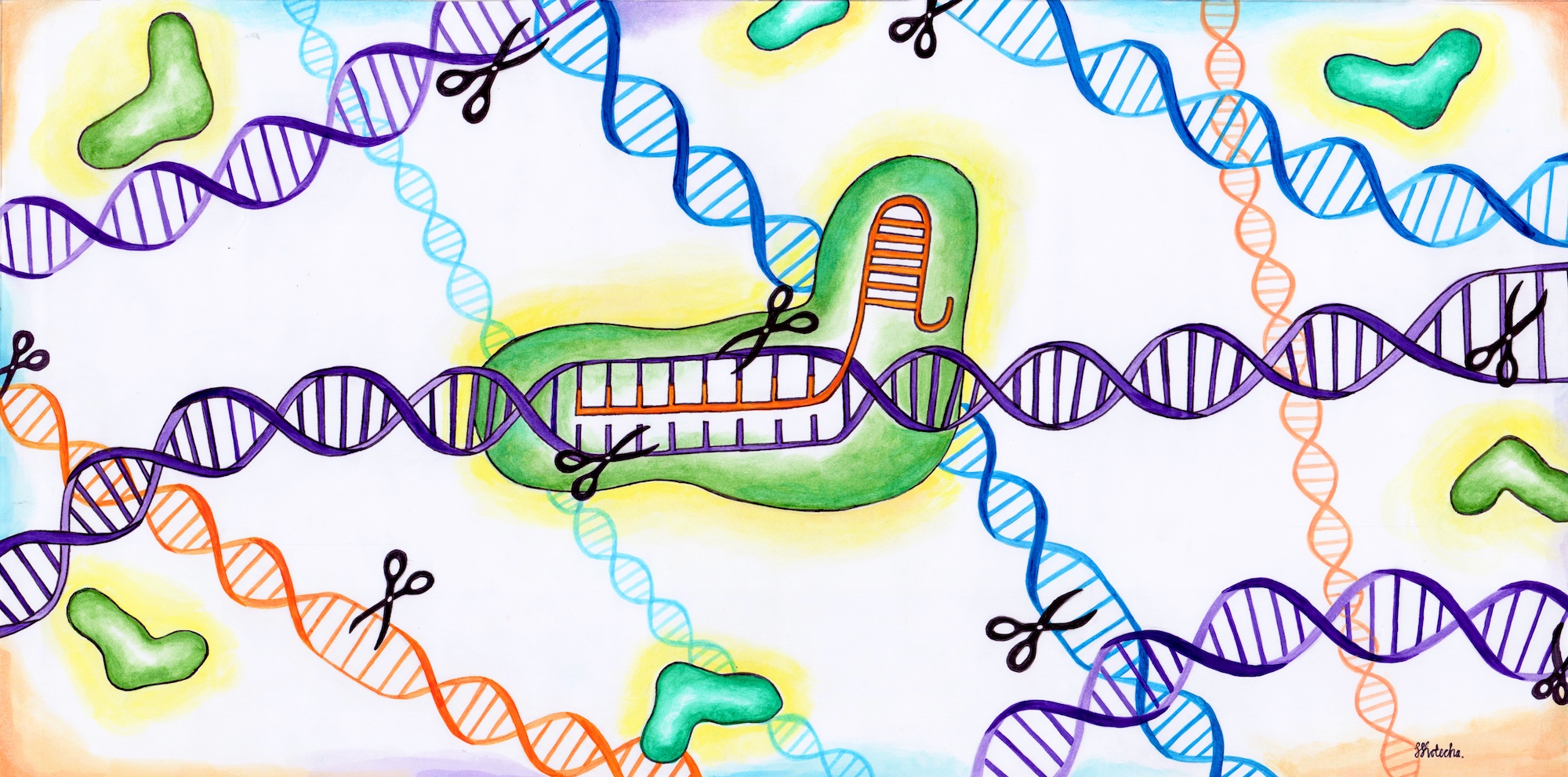Society & Education
If you have a pitch for an article about the intersection of science and education, the media, law, politics or wider society, contact the editors at socedu@lateralmag.com.
Humans are social creatures, attuned to seeking supportive relationships with other people. But with antidepressants, we have a different kind of significant other.
Media often portrays ageing as a time of isolation and loneliness, but new research shows that this perception is inaccurate.
Are we stranding ourselves on digital islands of isolation?
After prisoners went on strike across the United States, guards locked some protestors in solitary confinement. How does isolation in prison affect mental health?
Rising levels of loneliness are harming our health. Sadly, there’s no magic bullet for this modern malady.
Graduate school entry requirements focus on formal research experience. But some skills needed to work as a scientist can be gained outside the lab.
Our appetite for fish is greater than ever. To tackle the issue of sustainability, we need sound science.
In small-scale fisheries, the fisherwoman's role has long been overlooked. Are women key to sustainable seafood success?
Cow-free meat and dairy. Chicken-free eggs. Established technologies are making lab-grown food more commonplace, whether we’re ready for it or not.
Genetics can help track the scattering of humans across the globe. But do scientists have the right to study any DNA they want to?
The geometry of a world map is remarkably similar to the geometry of spacetime. Science educators are exploring maps as models for teaching Einstein’s theory of general relativity.
Islands of plastic float around the ocean, proving lethal for wildlife. Communities and grassroots organisations are tackling this global problem together.
Government policy can guide and support science – but bad policy can hinder scientific inquiry and societal progress
While most birth control methods put the onus on women, comprehensive education about contraception would open up a healthier dialogue for all genders.
Drowned in unconditional praise, a generation has been left with damaged self-esteem. What should parents and educators have done instead?
Anyone can choose to donate their blood and save many lives. Well… almost anyone.
The heavily constructed realm of pornography is not going away anytime soon. How can we mitigate the effects it has on young people?
Are social networking sites a platform for building connections and accessing support, or a cyber trap for developing brains?
To the uninitiated, science can seem specialised beyond reach. But armed with affordable new technologies, and a bit of creativity, ordinary people are discovering their inner researcher.
Since its discovery in 2012, the CRISPR/Cas9 gene editing tool has been used by countless laboratories globally. Five years on, an important question remains: who does it belong to?
For decades, the US has enjoyed the scientific and economic benefits that come from being able to attract the world’s best and brightest students and researchers. Is this about to change?
Australians are more ready than ever to risk it all for a high. To understand our nation’s growing drug habit, and know how to combat it, we need a bit more science.
Babies enjoying music seems like a simple, natural thing. But under the surface there are complex inner workings that can give us insights into musical development.
Human progress has long been denoted by the dominant material of the period. Will we soon be living in the Nanomaterial Age?
We all like to have room to ourselves, but not everybody has that option. What happens when too many people are forced to live in a cramped space?
Leaving an abusive relationship is difficult, particularly when there are compelling reasons to stay. Can the abuser be guided to change their behaviour instead?
Humanity's relationship with nature has become fractured, with climate change as one consequence. How can we change our thinking to overcome this divide?
Public engagement with science is now more important than ever. Is it time for scientists to step outside their comfort zones?
New medical treatments must be proven effective, but the majority of research studies are carried out on men. This discrepancy negatively affects the quality of care women receive.





















































































For international students, the path to a research career is fraught with issues of isolation and belonging.